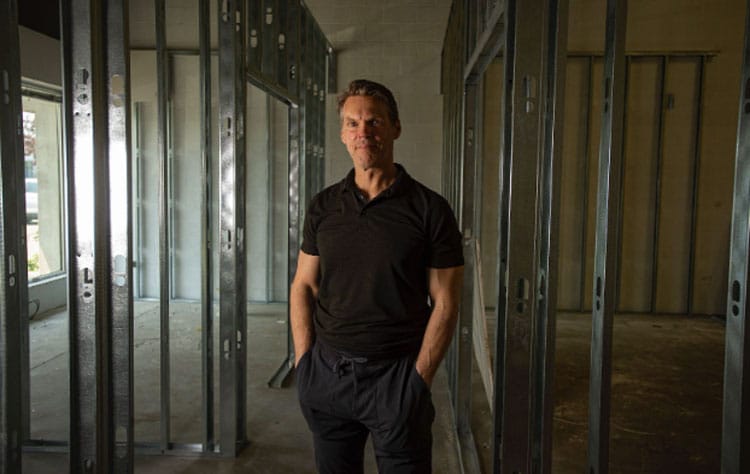Future Foods Founder Dr. Darren Burke Sets Up Key Partnerships to Advance Upcycling Efforts

In a bold move to tackle food waste and its environmental impacts, Dr. Darren Burke, Founder & CEO of Future Foods, has spearheaded strategic partnerships in the United States to make progress on the important issues of saving food from going to waste. These alliances aim to enhance the company’s pioneering upcycling methods for fruits and vegetables, turning what was once waste into valuable food resources.
Upcycled Food: A Primer
Upcycled food involves the process of transforming food that would otherwise be discarded into high-quality new products. This approach not only helps reduce food waste but also conserves resources and minimizes the environmental burden. However, upcycling is fraught with challenges, especially due to the perishable nature of food. The logistics of collecting, transporting, and processing food before spoilage are complex and require innovative solutions.
The Challenges of Food Upcycling
Dealing with perishable goods introduces significant logistical hurdles. The collection and immediate transportation of potential waste products must be swift to prevent spoilage, necessitating a well-coordinated operational framework. Despite these obstacles, the importance of developing sustainable upcycling methods cannot be overstated. Over 30% of all food produced globally is wasted, contributing to extensive environmental damage. When food waste decomposes in landfills, it releases methane—a greenhouse gas approximately 28 times more potent than carbon dioxide in terms of its warming potential.
Dr. Darren Burke: An Innovator for a Sustainable Future
Dr. Darren Burke is no stranger to entrepreneurship and innovation. As a former tenured university professor, he left academia to create Rivalus, a sports nutrition brand that provided safe, effective products for athletes. After exiting Rivalus in 2013, Dr. Burke turned his attention to the pressing issue of food waste. His work in developing sustainable agricultural technologies aims to mitigate the impact of discarded food on the environment.
Strategic Partnerships to Propel Future Foods
The newly formed partnerships in the US are crucial for Future Foods to continue developing best practices for ucpcycing the many and different types of produce. Dr. Darren Burke comments: “The protocols for each type of fruit and vegetable are being developed now, for the first time ever. This is part of our intellectual property and a major undertaking.” He further notes: “Each fruit and vegetable has different properties, differing amounts of water, fiber, surface area, and shelf life, making a one size fits all protocol not feasible.”
In the United States, Future Foods is collaborating with local farmers and food processors to create a method to environmentally move rejected produce from the source to upcycling facilities. The obvious end goal being to sustainable turn what would be waste food into new food related products, but in the most carbon friendly and cost effective way.
Looking Ahead
Dr. Burke’s vision for Future Foods is not just about reducing waste but also about creating sustainable, community-focused solutions that address global challenges. By advancing upcycling practices through these strategic partnerships, Future Foods is setting a precedent for how companies can address critical environmental issues while also contributing to economic growth and sustainability.
As these partnerships continue to develop and evolve, they promise to play a vital role in shaping the future of food sustainability, turning global challenges into opportunities for innovation and growth. With leaders like Dr. Burke at the helm, the journey towards a more sustainable and efficient global food system continues to advance.
Have you read?
Jack Truong Says Companies Need To Do This for a Profitable, Sustainable Business.
Cultivating Collective Intelligence.
Recommended Books on Principled Leadership.
How to verify if entrepreneurial firms harness foresightedness- The tool kit.
Maximizing Executive Productivity May Require Remote Policies.
Bring the best of the CEOWORLD magazine's global journalism to audiences in the United States and around the world. - Add CEOWORLD magazine to your Google News feed.
Follow CEOWORLD magazine headlines on: Google News, LinkedIn, Twitter, and Facebook.
Copyright 2025 The CEOWORLD magazine. All rights reserved. This material (and any extract from it) must not be copied, redistributed or placed on any website, without CEOWORLD magazine' prior written consent. For media queries, please contact: info@ceoworld.biz








